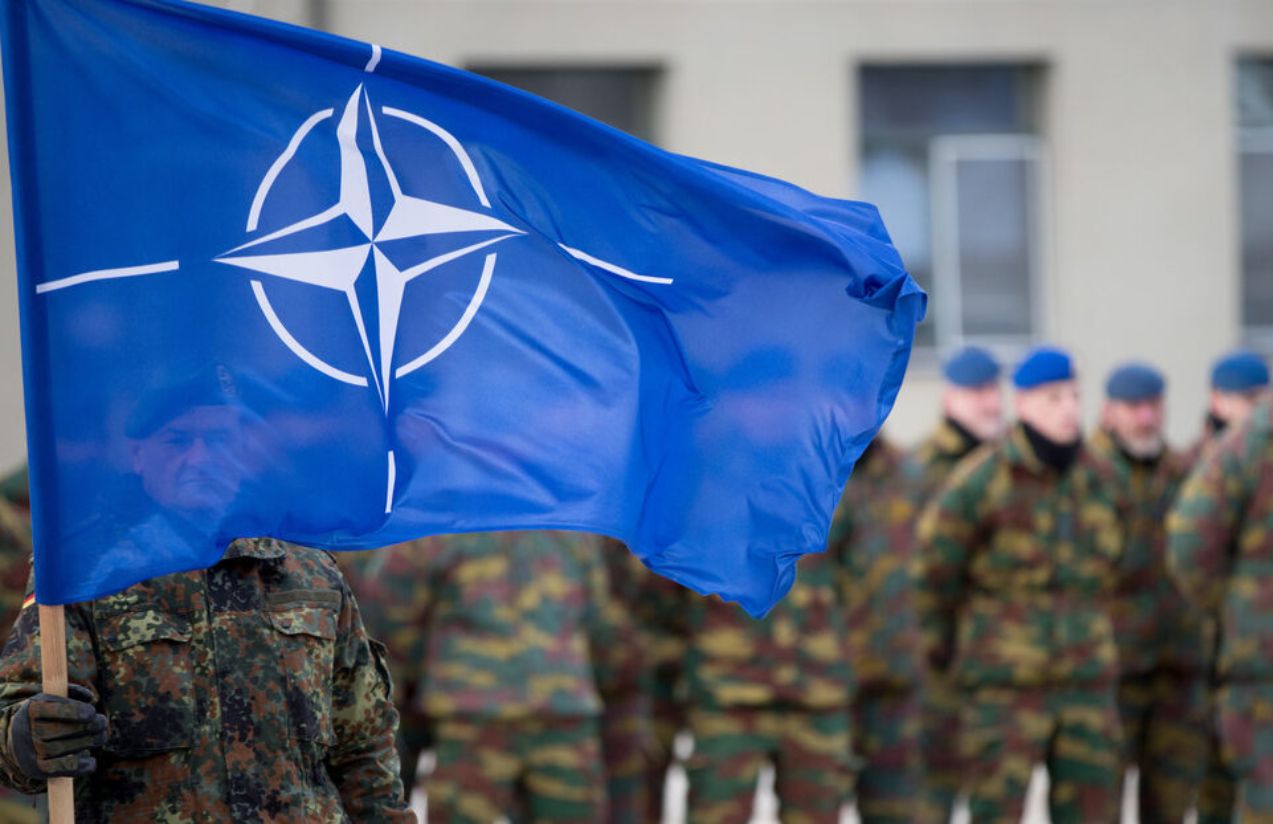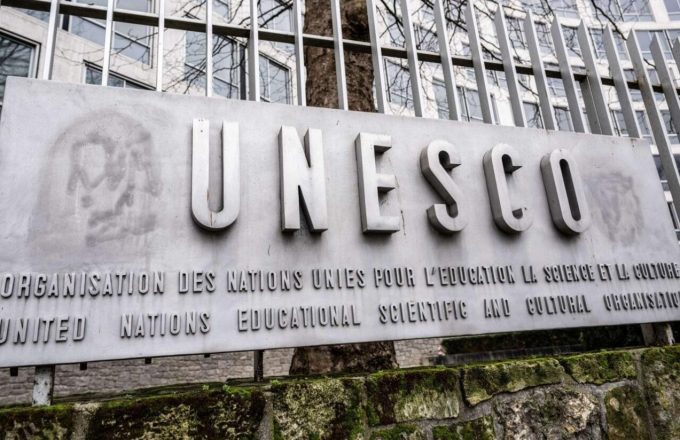It’s no secret that Donald Trump is not a fan of NATO. He made this clear during his first term, suggesting that the United States might reduce its commitment to the alliance. Since then, both as a candidate and president-elect, he has reaffirmed this stance multiple times.
As tensions grow between Washington and Europe, and voices within his own team support leaving the 1949 treaty, the question is becoming more pressing: What would happen if the U.S. withdrew from NATO?
A NATO Without the U.S.?
The fact that this question is even being discussed is significant. And it’s not just speculation or rumors—top officials in Washington, including Trump himself, have openly suggested the possibility. In December, still as president-elect, Trump complained that NATO was “taking advantage of the U.S.,” arguing that the country defends its allies while receiving unfair treatment in trade.
In an interview with NBC News, Trump was direct when asked if he would consider pulling the U.S. out of NATO if he felt the alliance was not treating the country fairly. His response: “Yes, absolutely.” He made it clear that the U.S. would remain in the alliance only if other members “paid their bills.”
A Growing Concern
This isn’t the first time the possibility of a U.S. exit from NATO has been raised, and it likely won’t be the last. In 2018, The New York Times reported that Trump was already considering withdrawing from the alliance. Now, with his second term just beginning, tensions with longtime allies like Canada and the European Union have escalated.
One clear example of this rift was the negotiation table set up between the U.S. and Russia to discuss the war in Ukraine—without inviting Ukraine or the EU. Meanwhile, Europe has closed ranks around Ukraine, Trump and Zelensky have publicly clashed, and even Elon Musk, a Trump ally, has fueled the debate by sharing a social media post supporting the idea of the U.S. leaving both NATO and the UN.
Can NATO Survive Without the U.S.?
Beyond whether the U.S. would actually leave, another key question arises: Can NATO function without Washington’s active involvement?
When asked in a recent BBC interview whether NATO allies could compensate for a U.S. military withdrawal from Ukraine, NATO Secretary General Mark Rutte gave a revealing answer—he doesn’t even consider it a possibility.
Zelensky, who has long sought NATO membership for Ukraine (a goal that now seems even more distant given recent U.S.-Russia talks), was even more explicit. In a conversation with journalists, he warned that a U.S. exit from NATO wouldn’t just impact Ukraine, but all of Europe: “The risk of Russia taking over Europe is 100% if the United States withdraws from NATO.”
The U.S. Role in NATO
The United States is a cornerstone of NATO. According to 2024 estimates, it is the third-highest contributor to defense spending as a percentage of GDP (3.4%), trailing only Poland and Estonia. The U.S. defense budget alone accounts for nearly two-thirds of NATO’s total spending.
In terms of direct contributions, the U.S. is the alliance’s largest financial backer, covering nearly 16% of NATO’s shared budget, equal to Germany. The U.K. follows with 11%, while France contributes just over 10%.
The Debate Over Military Spending
Trump has repeatedly insisted that NATO members must increase their defense spending. He has called for each country to contribute at least 5% of its GDP—higher than what the U.S. currently spends. This far exceeds NATO’s official 2% target, which many member countries still fail to meet. As of 2024, nations like Spain, Canada, and Italy remain below this threshold.
Article 5: The Core of NATO
Beyond financial contributions, NATO’s foundation is based on Article 5 of the North Atlantic Treaty, which states that an attack on one member is considered an attack on all. This means that, in the event of aggression, other allies are expected to provide assistance, including military force.
However, in practice, this principle is more flexible than many assume. Political scientists Dan Reiter and Brian Greenhill explained in The Conversation that NATO’s treaty language allows for some discretion, meaning a member country could choose not to get involved in a conflict without formally breaking its alliance commitments.
A notable example occurred after the 9/11 attacks in 2001. Although NATO invoked Article 5, not all member states deployed troops to Afghanistan, and this was not considered a violation of the treaty.
An Uncertain Future
Despite political and media pressure, the future of the U.S. in NATO remains uncertain. If Trump decides to pull the country out of the alliance, the consequences for Europe and global security could be profound.
The question is no longer just whether the U.S. will leave NATO—it’s whether the alliance can survive without its most powerful member.




















